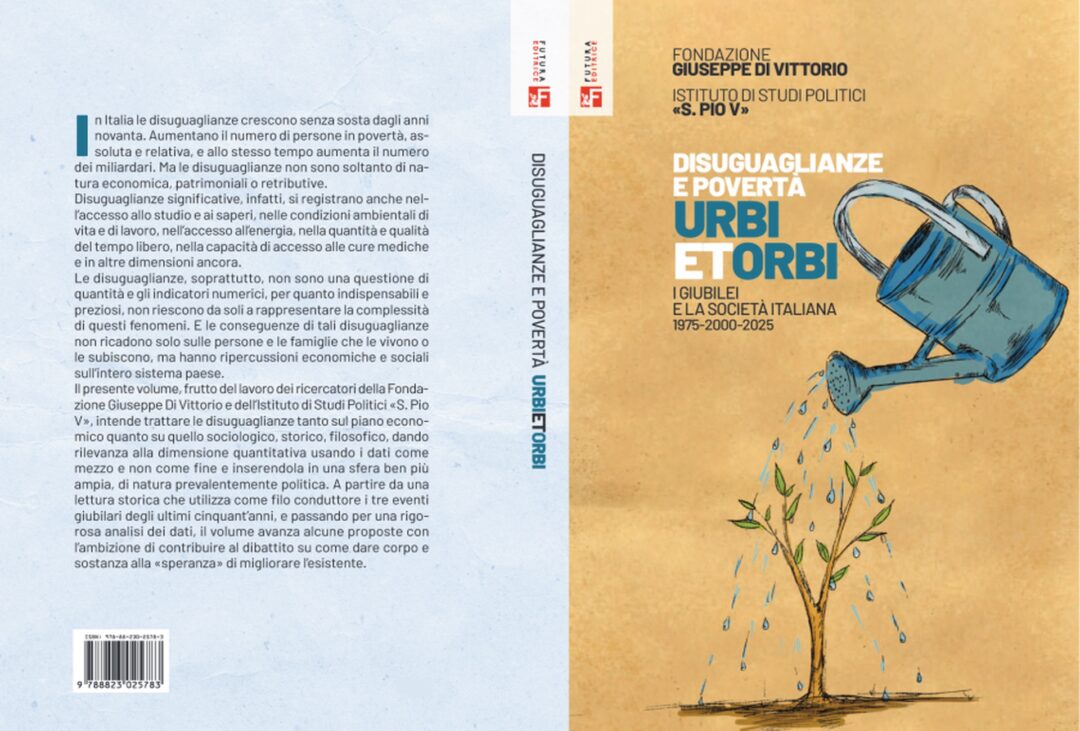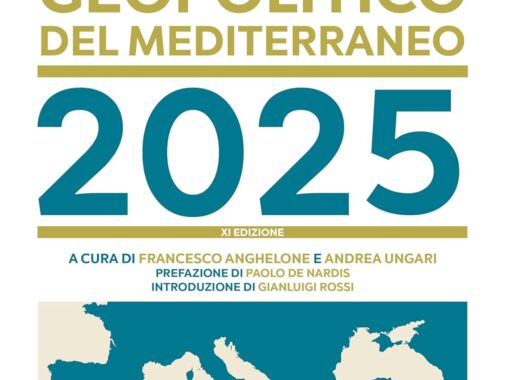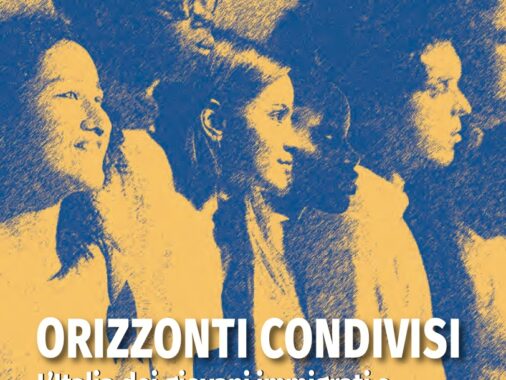Editor(s): Nicola Cicala, Alessandro Barile
Preface: Paolo De Nardis
Introduction: Francesco Sinopoli
Inequality in Italy has been growing relentlessly since the 1990s. The number of people in poverty, absolute and relative, is increasing, and at the same time the number of billionaires is rising. But inequalities are not only of an economic, patrimonial or retributive nature. Significant inequalities also exist in access to education and knowledge, energy, medical care, environmental living and working conditions, quantity and quality of leisure time and other dimensions. Inequalities, above all, are not just a question of quantity, and numerical indicators, however indispensable and valuable they may be, cannot alone represent the complexity of these phenomena. And the consequences do not only fall on the individuals and families who experience or suffer them, but have economic and social repercussions on the entire country system. This volume, which is the result of the work of researchers at the Giuseppe Di Vittorio Foundation and the ‘S. Pio V’ Institute for Political Studies, intends to deal with the issue from an economic as well as a sociological, historical and philosophical perspective, emphasising the quantitative dimension by using data as a means and not as an end, and placing it in a much broader sphere, one that is predominantly political in nature. Starting from a historical reading that uses the three jubilee events of the last fifty years (1975-2000-2025) as a common thread, and passing through a rigorous analysis of the data, the volume puts forward some proposals with the ambition of contributing to the debate on how to give body and substance to the ‘hope’ of improving what exists.
Publisher: Futura Editrice
Anno: 2025




